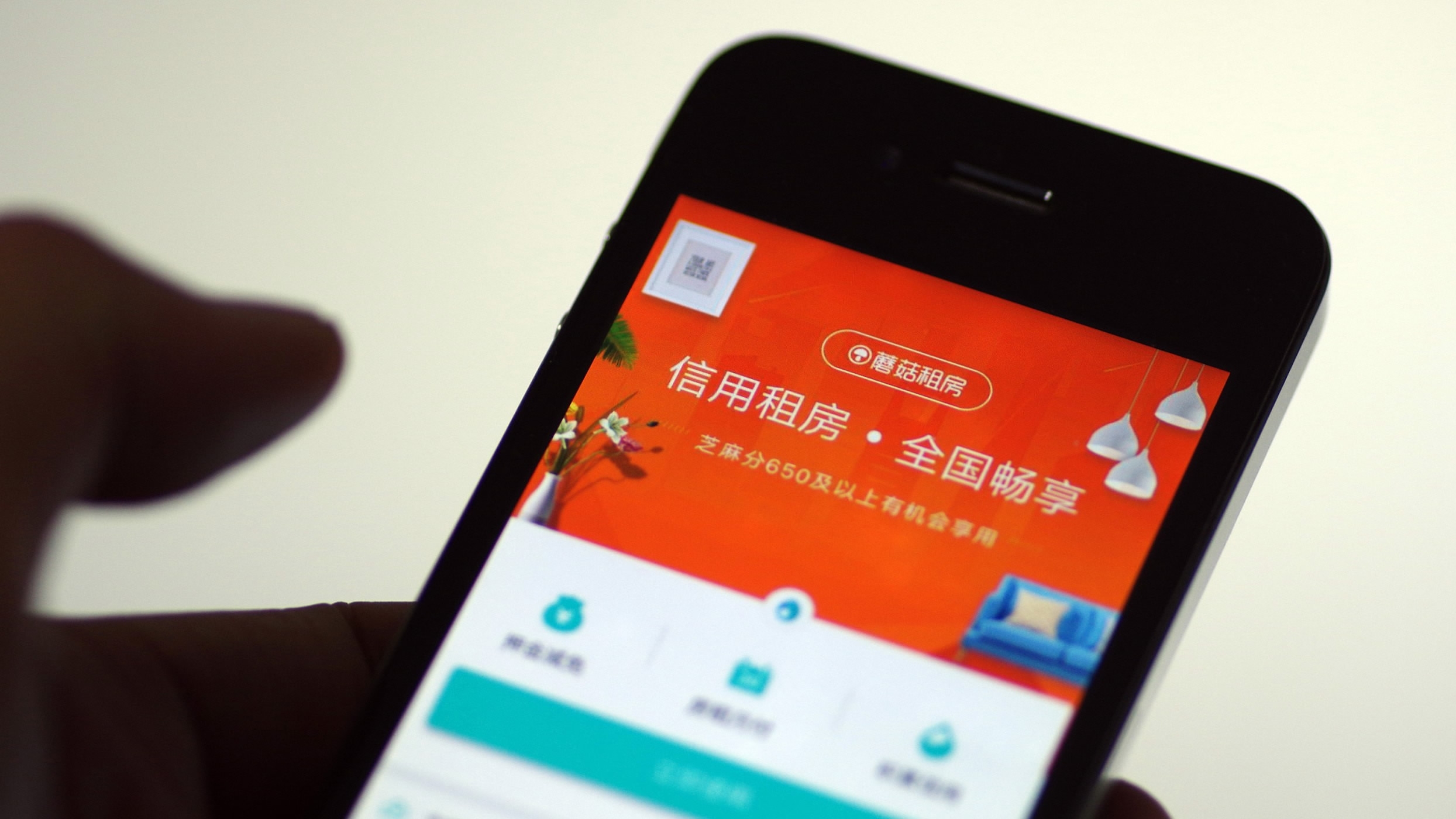
Business
22:33, 26-Dec-2017
Movers & Shakers: China's 2017 housing prices stabilize as government encourages rentals
By CGTN's Chen Tong

The Chinese government’s support of the rental market has helped ease housing bubbles in 2017.
Data from the National Bureau of Statistics showed that month-on-month residential property prices in cities like Beijing and Shanghai saw only slight increases or remained unchanged throughout the year.
"Some big cities have implemented some control measures, such as restriction on buyers and bank loans to regulate the housing market," said Timothy Chen, director of research for Colliers International.
"In first- and second-tier cities, sales decreased considerably with significant impact of cooling down measures."

Real estate agents have seen a dramatic decline of home buyers, and now they are shifting their focus to tenants. Since summer, dozens of cities have been encouraging the rental market.
"In the past, we signed three to four leasing contracts per month. But for the past six months we've been getting seven or eight every month," said Yu Shasha, branch manager of Centaline Property.
China's new encouragement of apartment leasing this year did more than change the outlook of property agents. One third of China's top 30 property developers have now stepped into the long-term leasing market as well.

The interface of a Chinese house rental app. /VCG Photo
The interface of a Chinese house rental app. /VCG Photo
Internet giants like Alibaba, JD.com and Tencent have announced the establishment of online platforms providing leasing information. Even commercial banks like ICBC, China Construction Bank and Citic Bank are doing the same thing.
Experts believe the rental fever will continue in 2018, especially in large cities where there is larger demand.
"The main reason is the government will continue to cool down the residential sales market. However, the government will support the leasing property, especially to attract all innovative, high-tech young generations or social celebrities to work and live in all these first-tier cities,” said Jenny Wu, head of residential department at Cushman & Wakefield East China

SITEMAP
Copyright © 2018 CGTN. Beijing ICP prepared NO.16065310-3
Copyright © 2018 CGTN. Beijing ICP prepared NO.16065310-3